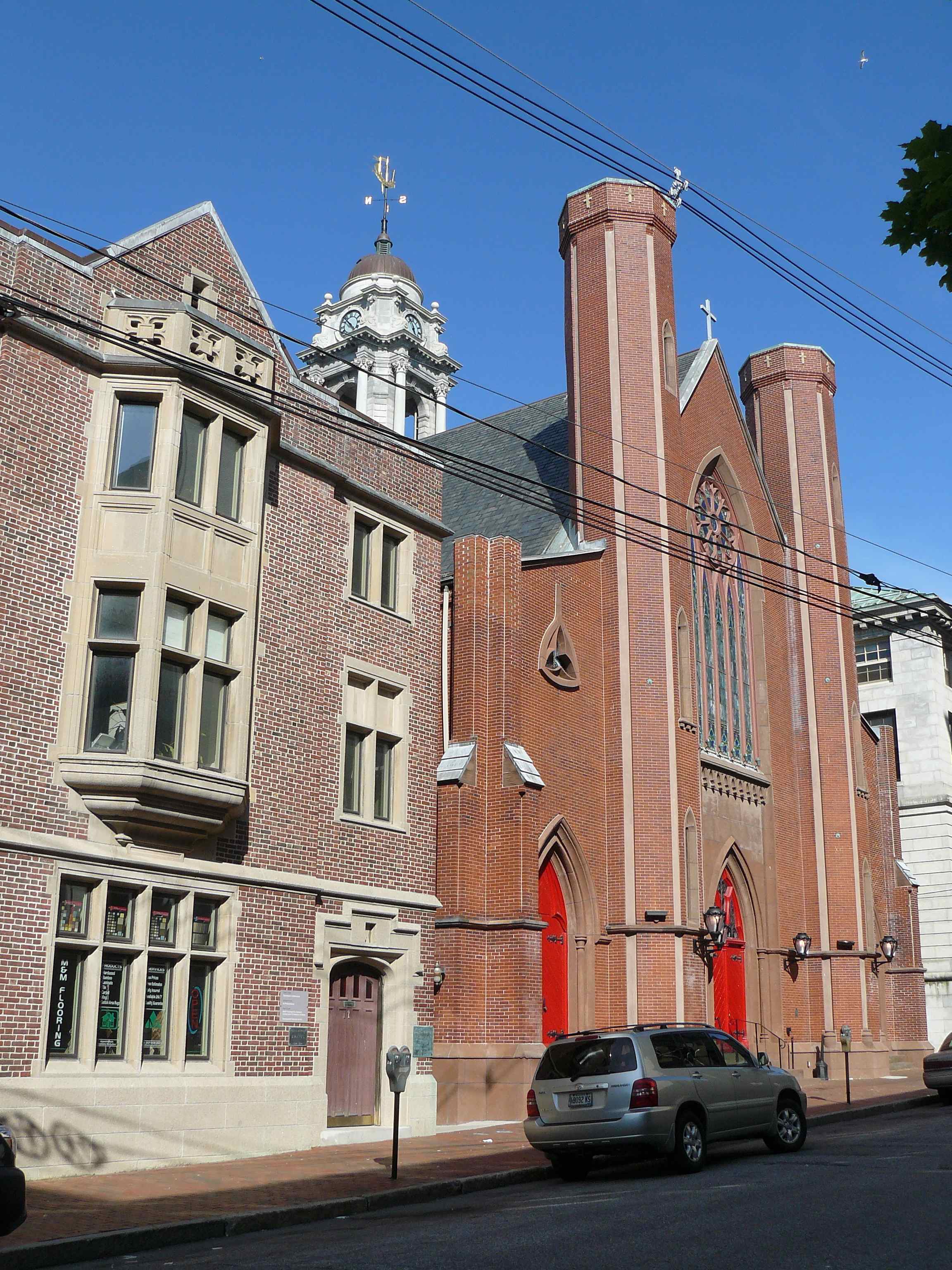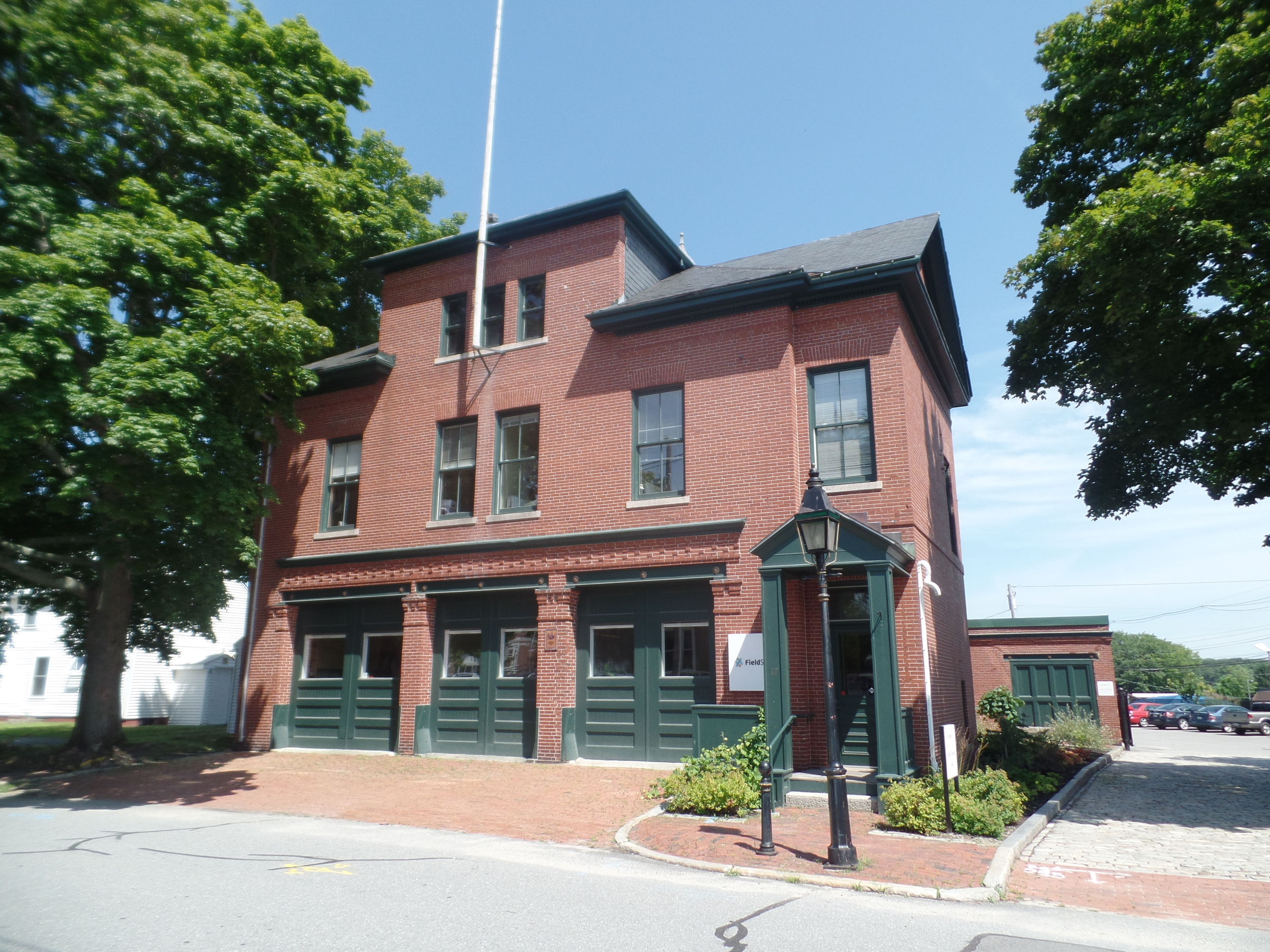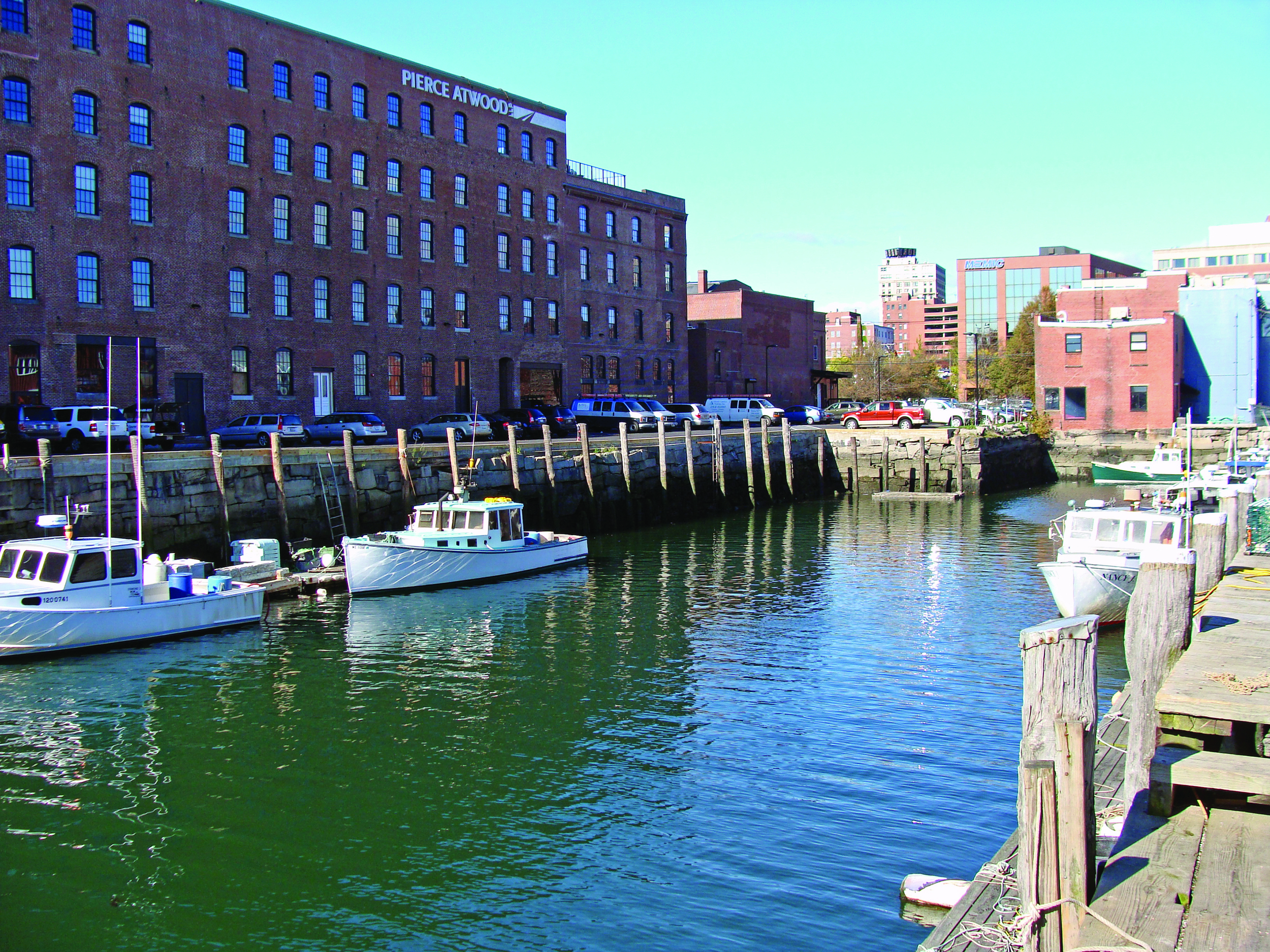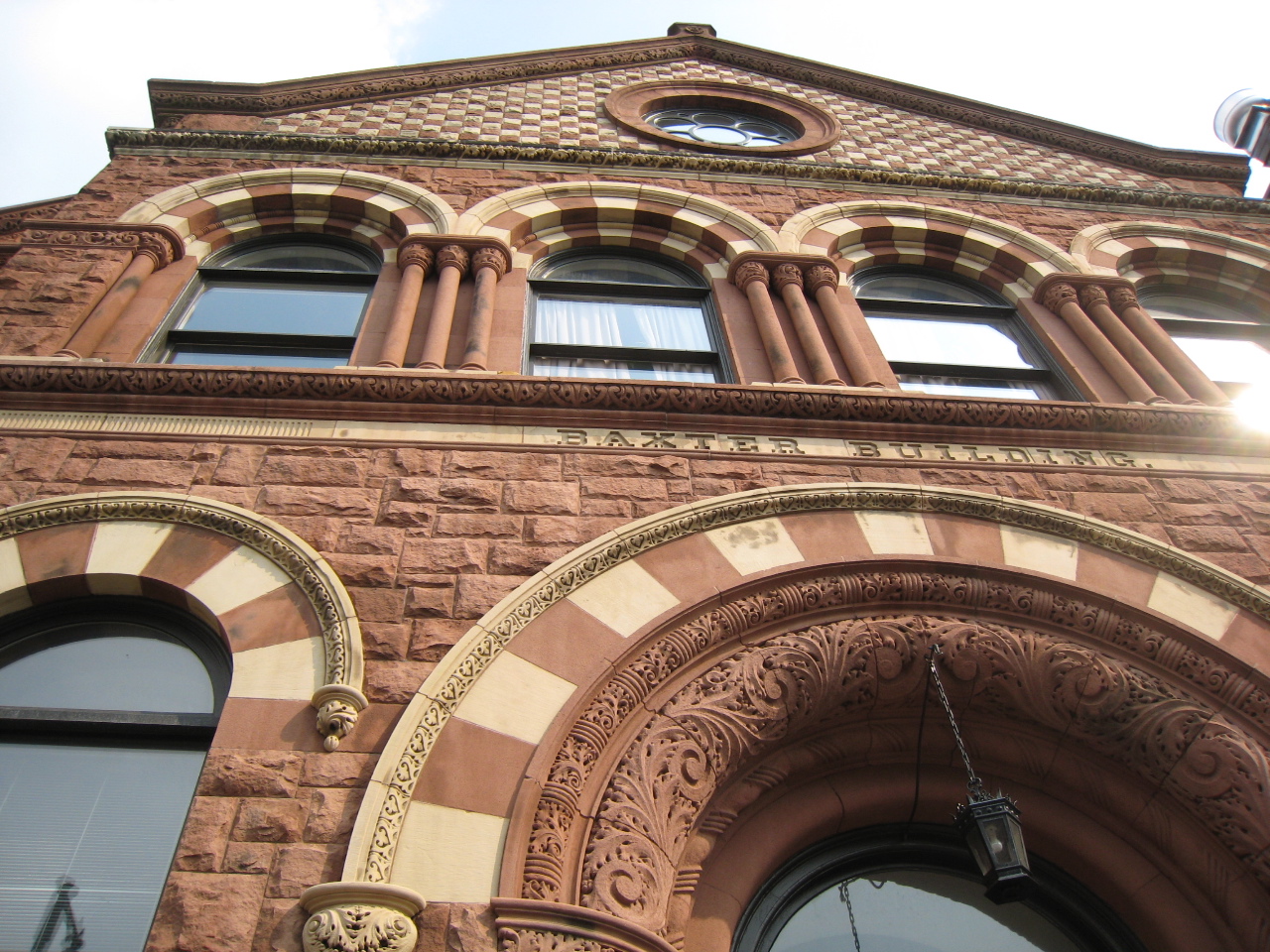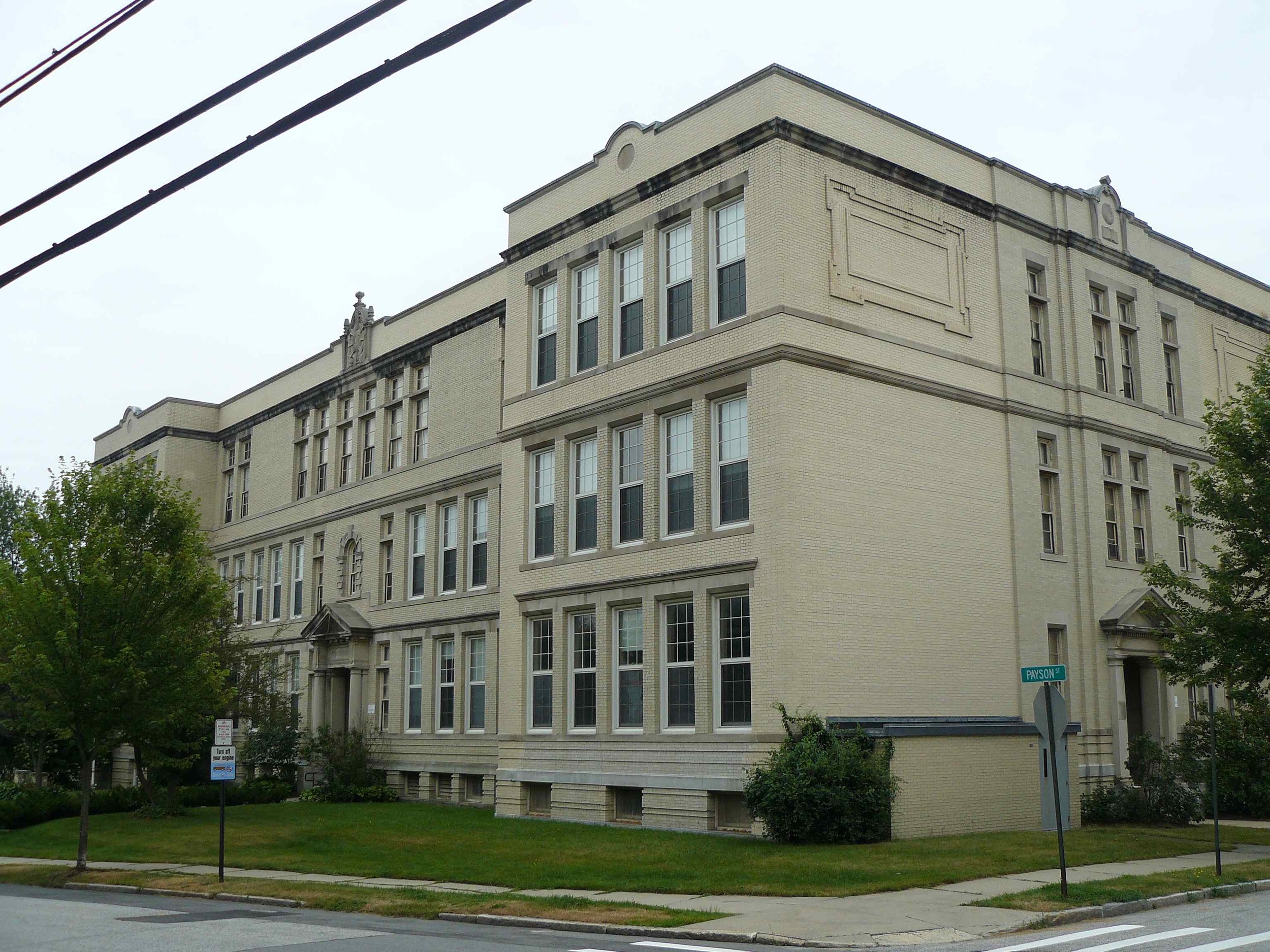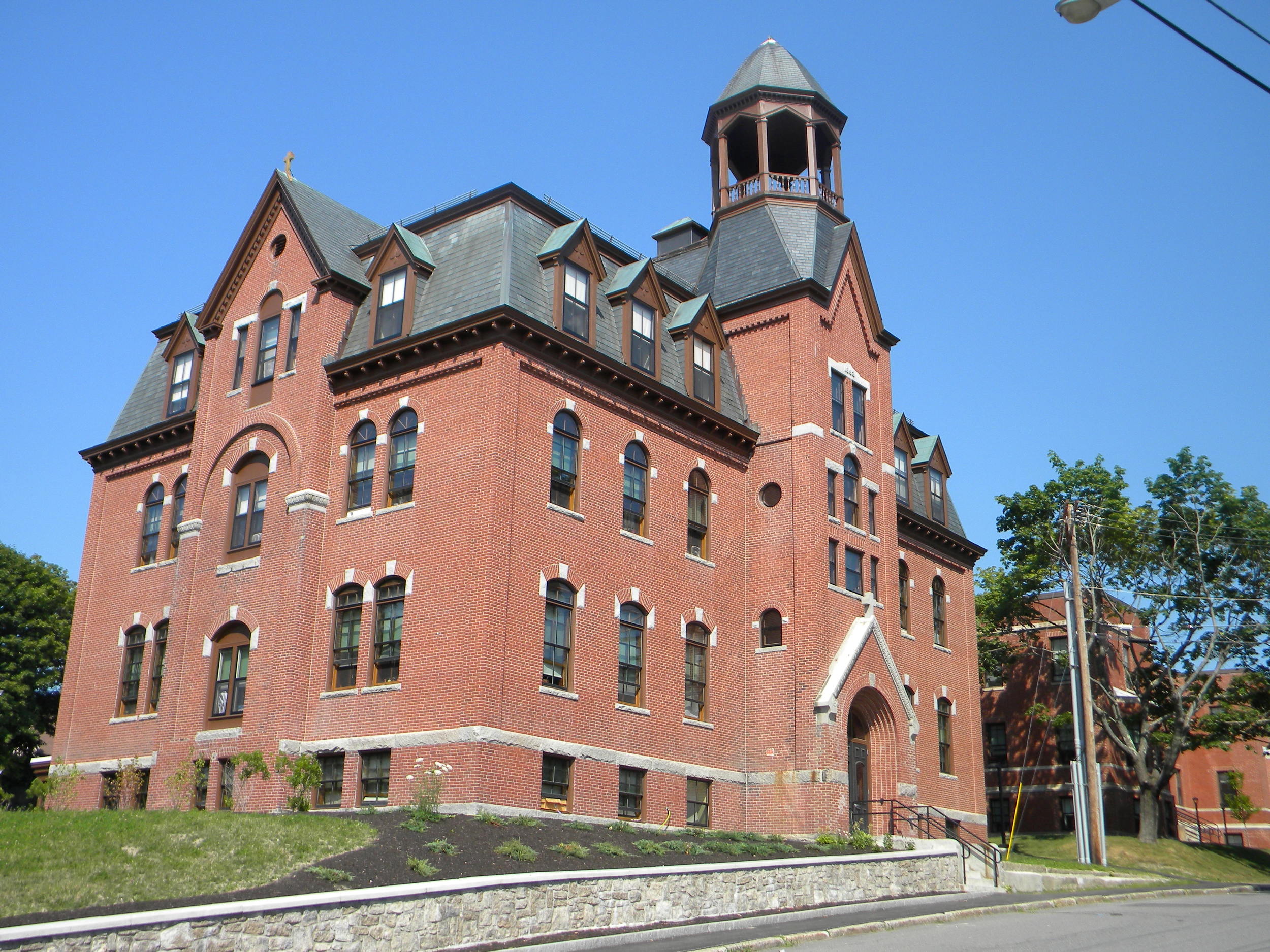Historic Tax Credits
Incentives for Preserving Historic Properties
Properties in greater Portland that use historic tax credits
The Federal Historic Tax Credit
The Federal Historic Preservation Tax Incentives program encourages private sector investment in the rehabilitation and re-use of historic buildings. It is one of the nation’s most successful and cost-effective community revitalization programs. Each year approximately 1200 projects are approved. Since 1976 the program has leveraged over $116.34 billion in private investment to preserve 47,000 historic properties across the country.
A 20% income tax credit is available for the rehabilitation of historic, income-producing buildings that are determined by the Secretary of the Interior, through the National Parks Service, to be “certified historic structures.” Here in Maine, a tax credit project is reviewed by the Maine Historic Preservation Commission and the National Parks Service to ensure it complies with the Secretary of the Interior’s Standards for Rehabilitation. For information on the Federal Historic Preservation Tax Incentives program visit the National Park Service.
For a list of rehabilitation projects in Greater Portland that have benefited from this program, click here.
Maine Rehabilitation Tax Credits
The Maine Rehabilitation Tax Credit promotes investment in rehabilitating historic structures for commercial purposes. The economic and fiscal impact of the Maine historic tax credit program has been has been widespread and includes small projects like storefront restorations to the rehabilitation of large textile mills. Maine’s cities and small towns have benefitted by additional income from increased assessment values of the restored properties and from the construction industry jobs these projects have supported.
For projects that qualify for the federal credit and meet all the requirements of the Federal tax incentive program there is a 25% refundable credit for qualified rehabilitation expenses. For smaller projects with expenditures between $50,000 and $250,000 that don’t claim the federal credit, but meet all the tax code requirements, except the substantial investment requirements, there is also a 25% refundable credit for qualified rehabilitation expenses. Both of these credits may increase to 30% if the rehabilitation project creates a certain amount of affordable housing.
A maximum credit of $5,000,000 is available per project. For current information and state guidelines see the Maine Historic Preservation Commission.
UPDATE: NOVEMBER 2021
The Office of Program Evaluation and Government Accountability released its evaluation of the Maine Historic Rehabilitation Tax Credit (HRTC), finding that the tax credit’s structure and administration are sound and efficient, the credit follows best practices, and program data is robust. The evaluation also found that the HRTC incentivizes historic preservation and community revitalization, promoting affordable housing, job creation, and economic growth.
UPDATE: SEPTEMBER 2020
The “Maine Historic Tax Credit Economic Impacts Report” is now available online! This report, commissioned by Maine Preservation in partnership with CEI, Greater Portland Landmarks, GrowSmart Maine, and Maine Real Estate & Development Association (MEREDA) shows that Maine’s historic rehabilitation tax credit (HTC) has had strong, far-reaching impacts on Maine’s economy and quality of life while more than paying for itself.

